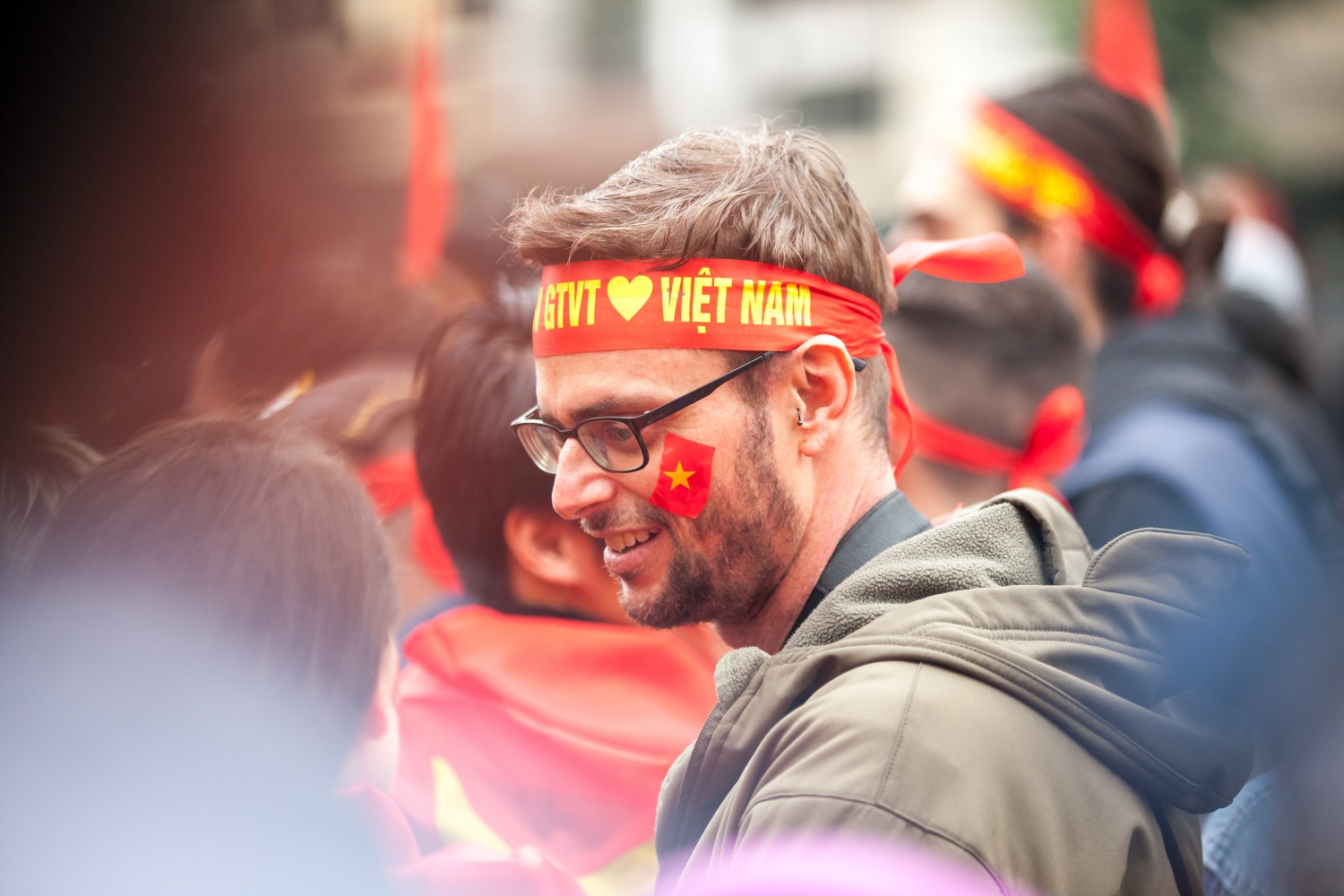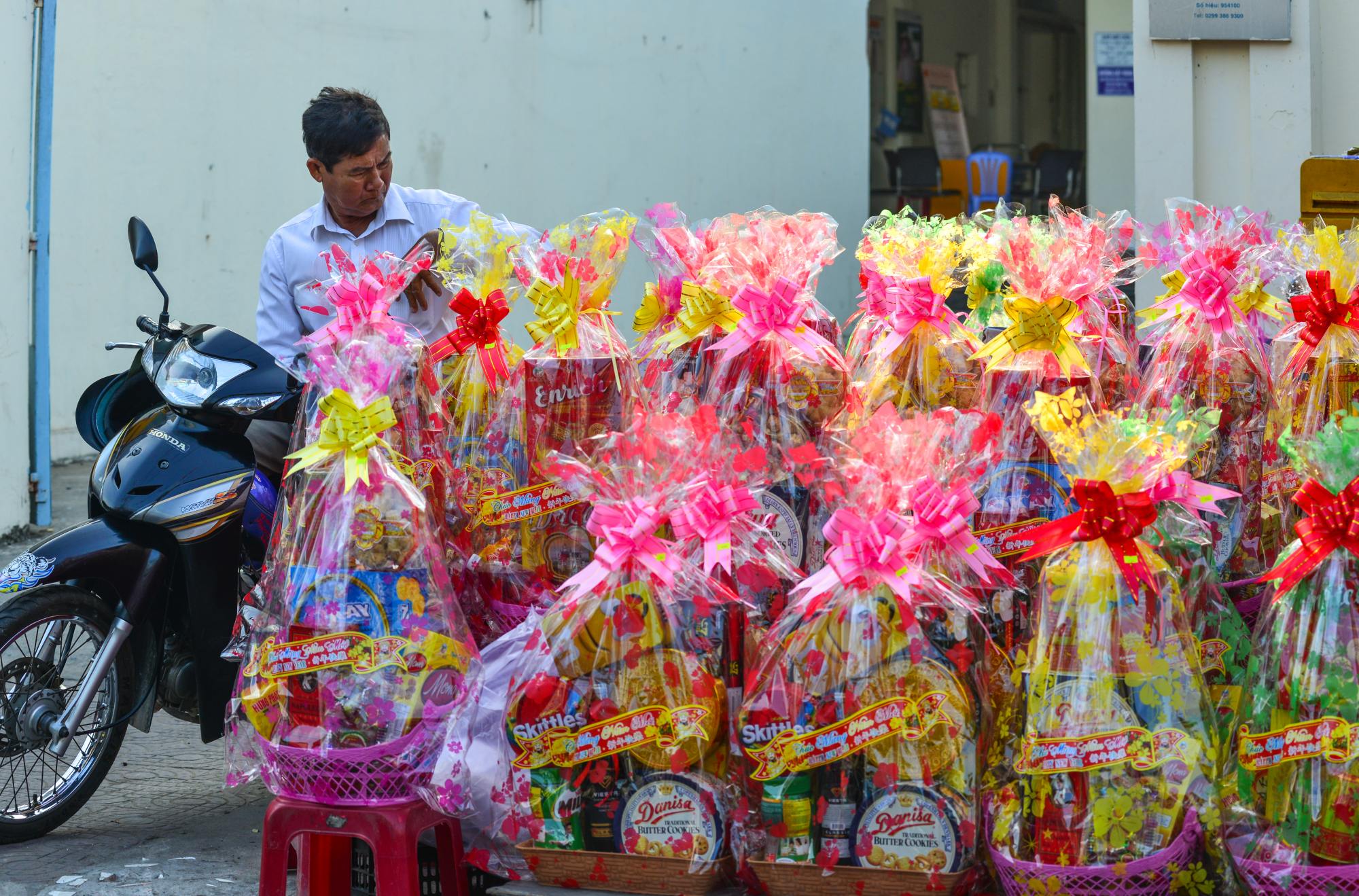Vietnam has been regarded as one of the best destinations for foreign travelers. The hospitality of the locals, the vibrant culture, and general affordability attract foreigners to come and embrace the unique Vietnamese lifestyle.
But for foreign investors and workers, the local work culture can be initially challenging. There’s the language barrier, which often leads to miscommunication, and the social norms inside the workplace may confuse new foreign entrants.
A thorough understanding of the work culture and respecting all the key elements that make up a Vietnamese organization is crucial to building positive relationships with local colleagues and clients, and paving the way for a successful business.
A webinar by Dezan Shira & Associates Vietnam dissected Vietnam’s business etiquette and work culture. Here we learn how to successfully establish valuable partnerships, manage and understand the business culture, and secure a position in the Vietnamese market.
“Xin chao” goes a long way

The Vietnamese language is one of the hardest to learn, so the locals don’t expect foreign workers to speak the language fluently. But putting effort into pronouncing Vietnamese names correctly and mastering common words like “xin chào” (hello), “cảm ơn” (thank you), and “xin lỗi” (sorry) will prove that you have respect for the local culture.
Schedule meetings in advance
Vietnam follows a very formal and traditional business setup, often resulting in longer approval times. Successful deals are rarely completed in a few encounters. This means that business meetings or investment discussions, especially with public officials and provincial leaders, should be well scheduled and planned in advance through a printed letter submitted directly to the intended recipient. Most public officials don’t appreciate cold calls; they prefer formal introductions by a third party.
For first-time discussions, meeting at your partner’s office is ideal. Come early to allow for a few moments of social conversation. Around-the-table introductions must start from the highest-ranking person and go in order of importance. Bring in a local translator to avoid miscommunication. All documents must also be prepared in Vietnamese and English versions.
Business attire depends on regional culture

Business attire varies in regions and workplaces. Hanoi is known for its white-collar environment, while Ho Chi Minh City is more business casual. It’s easy to spot differences in how employees dress in the northern and southern regions. Suits, however, are deemed to be most appropriate for men, while skirts and blouses are the most preferred outfit for women in business dealings.
The concept of “face” is a big deal
Amidst all the massive developments Vietnam has gone through over the decades, its people remain traditional. Vietnamese try to live their lives in socially and culturally acceptable ways, and their image of self is usually directly connected to their social status. For them, the concept of “face” is a reflection of their reputation, dignity, and prestige — and when it’s tainted, their stature goes down with it.
Therefore, public disagreements or direct opposition to a senior colleague’s ideas are a big no-no and cause great embarrassment. It is advised that raising suggestions or addressing misunderstandings in the workplace should be done privately. Respecting colleagues, especially those with more prominent positions and who have been in the company far longer than you have, is highly appreciated.
Asian restaurants are preferred for business lunch and dinner
Vietnam puts so much value on food — especially on their own cuisine. This nation loves to showcase its food culture, even at business meetings. For long business meetings requiring lunch or dinner setups, booking private rooms at Vietnamese or Asian restaurants is highly recommended. Vietnamese business leaders or public officials will see this as an effort on the foreigner’s part to appreciate and embrace the local culture. Alcohol consumption is also acceptable, but it must be enjoyed in moderation. Once the relationship is established, one can expect to be invited to regular after-work drinking sessions.
Understand the gift culture on key holidays

It is common to give gifts at the end of a business meeting. Gifts can be small and inexpensive, like a pen or stationary with the company logo or a specialty from the foreigner’s home country.
But for big national holidays, customary gift items should be handed out to key partners, investors, and stakeholders. For Lunar New Year, the most important and longest of all holidays, office celebrations should involve food, lucky money, a 13th-month bonus, and high-end gifts such as wine, imported snacks, and fruits. It is advisable to request an official budget from the company to arrange gifts for other firms and partners. Popular choices are gift boxes from gourmet supermarkets or luxury hotels.
For the Mid-Autumn Festival, mooncakes are given to internal teams and important clients. Vietnamese Women’s Day (separate from the International Women’s Day celebration) is also a big deal in Vietnam. Ideally, each female staff receives a rose, and lunch is ordered to the office.
Education is regarded as asset
Most Vietnamese employees feel obligated to respect those with higher positions or stronger educational backgrounds. This is why Vietnamese who have diplomas from foreign universities are regarded as more capable and are often better appreciated at work. With academic achievements greatly influencing workplace dynamics, many young Vietnamese are now pursuing double majors in universities abroad.
Read: How Vietnamese International Students Are Thriving In The Face Of Challenges
Respect work-life balance

With Vietnam’s workforce now almost dominated by Gen Zs and Millennials, the concept of work-life balance has become more of a necessity rather than a muted ask. Vietnamese employees are concerned with their quality of life, which means calling or sending out emails after work hours is considered a violation of their personal time. Foreign workers must also note that a midday nap is typical in Vietnamese offices, so expect the lights to be turned off after lunch.
Vietnamese employees also emphasize persistence, perseverance, and long-term career growth. They need to feel that they have value and significant contributions to the team's success or the whole company for them to stay.



